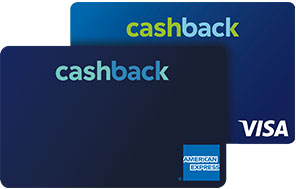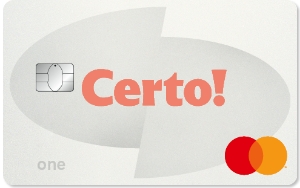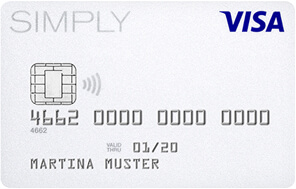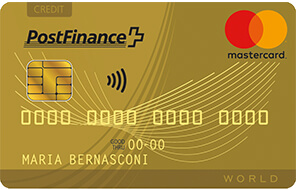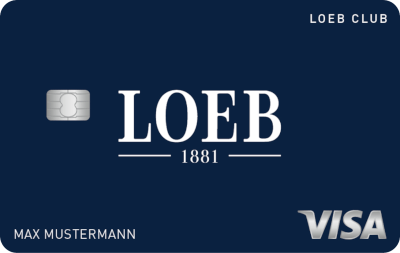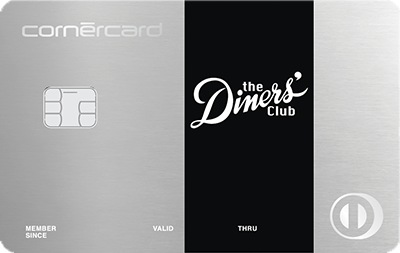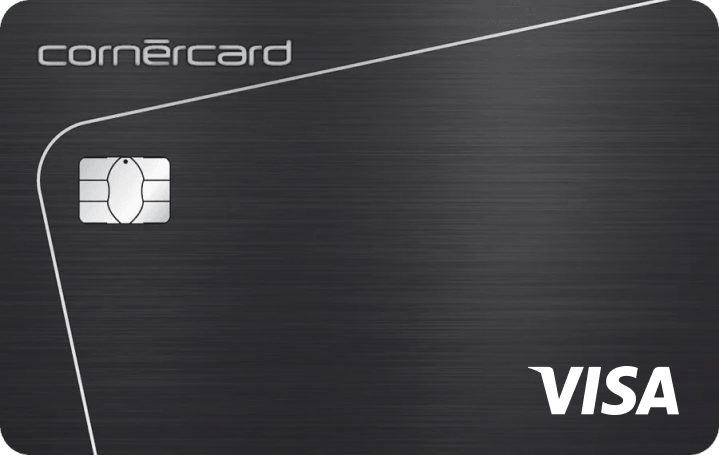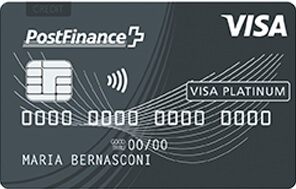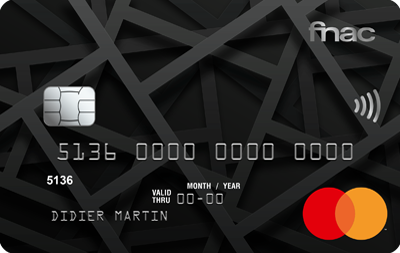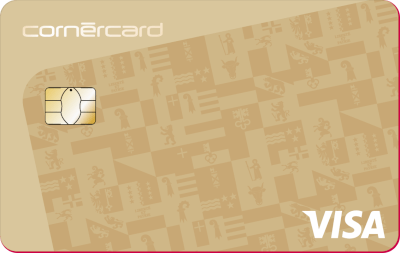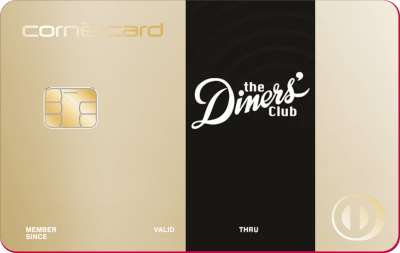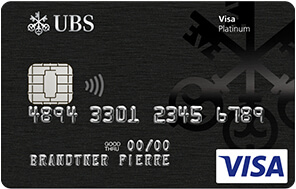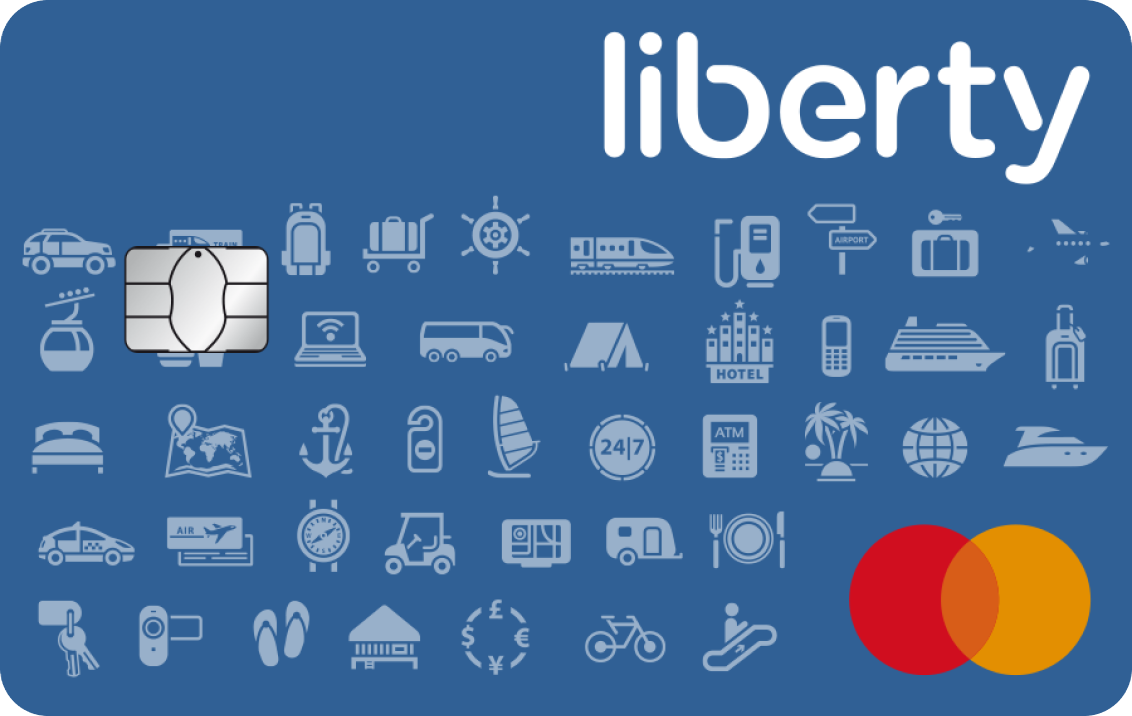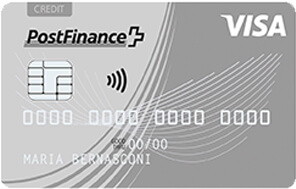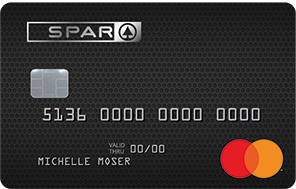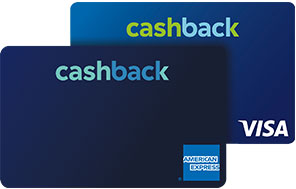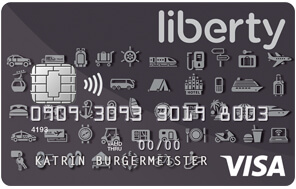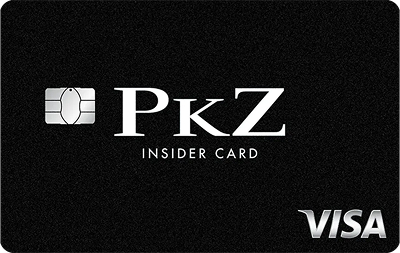Understanding Cashback Credit Cards in Switzerland
Cashback credit cards return a percentage of your spending directly to your account, making them the most straightforward reward mechanism available in Switzerland. Unlike points programs requiring complex conversions, cashback provides immediate, tangible value. The best cashback credit cards in Switzerland typically offer rates between 0.25% and 1% on purchases, with premium options reaching 1.5% in specific categories.
Swiss cashback cards function differently than their American or British counterparts. Most Swiss cards operate as charge cards, requiring full monthly payment, though credit options exist. Cashback accumulates throughout the billing cycle and appears as a statement credit annually or quarterly, depending on the issuer.
The Swiss market offers fewer cashback options than travel rewards cards, but those available provide compelling value for residents who prefer simplicity over points optimization. Understanding how cashback credit card Switzerland programs structure their rates and restrictions determines whether these cards suit your spending patterns.
How Swiss Cashback Credit Cards Work
Cashback Calculation Methods
Swiss issuers calculate cashback using two primary models: flat-rate cashback and tiered cashback. Flat-rate cards return a consistent percentage across all purchases—typically 0.5% to 1%. Tiered cards offer variable rates depending on spending categories or monthly volume.
Category bonuses appear less frequently in Switzerland than in North American markets. When available, they typically target Swiss retailers, fuel stations, or specific merchant types. Base rates apply to all other spending, creating a blended effective cashback rate.
Annual caps limit total cashback earnings on some cards. Mid-range cards might cap cashback at CHF 500 to CHF 1,000 annually, while premium options offer unlimited earning potential. Calculate whether caps affect your expected earnings based on annual spending.
Redemption Options and Timing
Most Swiss cashback cards credit rewards automatically to your account annually, typically in January following the earning year. Some issuers offer quarterly payments, accelerating benefit realization. Unlike points programs, cashback requires no manual redemption process.
Minimum redemption thresholds occasionally apply—typically CHF 20 to CHF 50 accumulated cashback before payout. Cards with low cashback rates might require multiple years to reach thresholds if spending remains modest. Premium cards typically eliminate minimum thresholds entirely.
Cashback appears as statement credits reducing your balance, not direct bank deposits. This distinction matters for accounting purposes but doesn't affect practical value. The money reduces what you owe, effectively functioning as spending discounts.
Top Cashback Card Categories in Switzerland
High-Rate General Cashback Cards
Premium cashback cards offering 0.75% to 1% on all purchases represent the highest flat-rate options in Switzerland. These cards charge annual fees between CHF 100 and CHF 200, requiring significant spending to offset costs. Calculate your break-even point: annual fee ÷ cashback rate = required spending.
A CHF 150 annual fee card offering 1% cashback requires CHF 15,000 annual spending to break even. Additional benefits—insurance, extended warranties—often justify fees below this threshold, but pure cashback value necessitates higher spending volumes.
No-Fee Cashback Cards
Zero annual fee cashback cards typically offer 0.25% to 0.5% cashback rates. While rates appear modest, eliminating annual fees ensures positive returns regardless of spending volume. These cards suit occasional credit card users or those building credit history without commitment to premium products.
No-fee cards often include fewer additional benefits—minimal travel insurance, basic purchase protection. They excel as starter cashback cards or complementary cards for spending categories not optimized by primary cards.
Retail Partnership Cards
Co-branded retail cards partner with major Swiss retailers offering elevated cashback at specific merchants—1% to 2% at partner stores, reduced rates elsewhere. These cards benefit consumers concentrating spending at particular retailers but lose value with diverse shopping habits.
Major Swiss retailers like Migros, Coop, and Manor previously offered co-branded cards, though the market has consolidated. Remaining retail cards require evaluating whether your shopping patterns align with partner networks. Our Best Shopping Credit Cards page explores retail-optimized options comprehensively.
Student Cashback Cards
Student-oriented cashback cards combine reduced annual fees with modest cashback rates, typically 0.25% to 0.5%. These entry-level products help young adults establish credit while earning rewards. Age restrictions apply—usually 18 to 30 years—with simplified approval processes. Explore dedicated Best Student Credit Cards for comprehensive student options.
Student cashback cards transition to standard products after age thresholds, often increasing fees while maintaining cashback rates. Understand transition terms before committing to student products.
Comparing Cashback vs. Alternative Rewards
Cashback vs. Travel Points
Travel rewards cards offer superior value for frequent travelers through flight redemptions, hotel points, and travel insurance. However, they require active management and strategic redemption. Cashback credit card Switzerland options provide guaranteed value requiring zero optimization effort.
Calculate your effective travel redemption rate—typically 1 to 2 cents per point when optimized. Compare this to straightforward cashback rates. If you rarely travel or dislike points complexity, cashback delivers better practical returns. For comparison with travel-focused options, see our Best Travel Credit Cards guide.
Cashback vs. Shopping Discounts
Some Swiss cards offer percentage discounts at partner retailers instead of cashback—5% to 20% during promotional periods. These discounts provide higher returns than cashback at specific merchants but lack cashback's universal applicability.
Consider your shopping concentration. If 60% of spending occurs at one or two retailers, partner discounts might outperform cashback. Diversified spending across many merchants favors flat-rate cashback programs.
Cashback vs. Luxury Perks
Premium and luxury cards emphasize travel benefits, concierge services, and status over cashback optimization. While some luxury cards include cashback components, rates rarely exceed standard cashback cards. Choose luxury cards for comprehensive benefits, not pure cashback returns. Explore Best Premium Credit Cards and Best Luxury Credit Cards for high-tier options.
Key Features of Swiss Cashback Cards
Annual Fee Structures
Annual fees range dramatically—CHF 0 to CHF 200 for cashback-focused cards. Fee justification requires calculating benefit value: cashback earnings plus insurance value minus annual fee equals net benefit. Premium cashback cards often include travel insurance worth CHF 200+ annually, effectively subsidizing or eliminating real costs.
First-year waivers occasionally apply, particularly for new customers or promotional periods. These waivers enable risk-free card testing—cancel before year two if benefits don't justify ongoing fees.
Foreign Transaction Fees
International spending fees typically range from 1.5% to 2.5% on non-CHF transactions. For frequent international shoppers, these fees significantly erode cashback value. A 1% cashback card charging 2.5% foreign transaction fees costs 1.5% on international purchases.
Select cards offering zero foreign transaction fees if international spending exceeds 20% of annual volume. These cards often charge slightly higher annual fees but deliver superior value for cross-border shoppers and travelers.
Insurance and Protection Benefits
Swiss cashback cards bundle various insurance products, though coverage remains less comprehensive than premium travel cards. Purchase protection covers new items against theft or damage for 30 to 90 days. Extended warranty adds six to twelve months to manufacturer warranties.
Travel insurance on cashback cards typically provides basic coverage—medical emergencies, trip cancellation—with lower limits than dedicated travel cards. Verify coverage sufficiency for your travel frequency and destination risk profiles.
Credit Limits and Approval
Income requirements for cashback cards vary by tier. No-fee cards might require CHF 30,000 minimum annual income, while premium cashback cards demand CHF 60,000 to CHF 80,000. Credit limits typically equal one month's gross salary for Swiss residents with C permits.
B permit holders might receive reduced initial limits, increasing with demonstrated payment history. Students face stricter limits regardless of permit status, typically CHF 2,000 to CHF 5,000 initially.
Maximizing Cashback Returns
Strategic Spending Allocation
Multiple card strategies optimize cashback by using different cards for different spending categories. Use high-rate general cashback cards for most purchases, specialized cards for bonus categories. This approach requires management effort but maximizes returns.
For example: 1% general cashback card for most spending, retail partnership card offering 2% at major grocery stores, no-foreign-fee cashback card for international purchases. This strategy captures optimal rates across all spending types.
Understanding Exclusions
Certain transaction types typically exclude cashback eligibility: cash advances, balance transfers, fees, interest charges. Some cards exclude specific merchant categories—gambling, financial services, government payments. Review exclusion lists before applying to ensure primary spending categories qualify.
Utility payments and insurance premiums occasionally exclude cashback, varying by issuer. If these represent significant monthly expenses, verify eligibility to avoid disappointment.
Timing Large Purchases
Promotional periods occasionally offer elevated cashback rates—2% to 5% for limited timeframes. Time major purchases—electronics, appliances, travel bookings—during these promotions when possible. Subscribe to issuer communications to receive promotion notifications.
Sign-up bonuses provide substantial value on some cashback cards—CHF 100 to CHF 200 cashback after meeting minimum spending requirements within initial months. These bonuses significantly improve first-year returns.
Common Cashback Card Misconceptions
"Higher Annual Fees Always Mean Better Value"
Fee-to-benefit ratios vary dramatically. Some CHF 200 annual fee cards provide inferior cashback rates compared to CHF 100 alternatives. Always calculate net value: (annual spending × cashback rate + insurance value) - annual fee = net benefit. Higher fees require proportionally higher benefits.
"Cashback Is Taxable Income"
Swiss tax authorities generally treat cashback as purchase discounts, not taxable income. Rewards represent price reductions, not additional earnings. Significant promotional bonuses might attract scrutiny, but routine cashback remains tax-neutral. Consult tax advisors for personalized guidance.
"All Cashback Cards Are Identical"
Program structures vary considerably. Some cards credit cashback automatically; others require manual redemption requests. Annual caps, foreign transaction fees, insurance coverage, and additional benefits create meaningful differentiation between seemingly similar products.
Swiss Cashback Card Providers
Major Bank Offerings
UBS, Credit Suisse, and PostFinance offer cashback cards targeting their existing customer bases. These cards integrate seamlessly with established banking relationships, simplifying account management. Cashback rates typically range from 0.5% to 1%, with annual fees between CHF 0 and CHF 150.
Traditional bank cards emphasize stability and comprehensive customer service over cutting-edge features or maximum cashback rates. They suit consumers valuing established relationships and preferring consolidated financial services.
Specialized Credit Card Companies
Swisscard, Cembra Money Bank, and Cornercard specialize in credit card products, often offering higher cashback rates than traditional banks—up to 1% flat-rate. These issuers focus exclusively on cards, developing sophisticated reward programs and competitive pricing.
Specialized issuers frequently introduce innovative features and promotional rates unavailable from traditional banks. However, they require separate account relationships outside primary banking services.
Digital Banks and Neobanks
Digital-first providers like Neon and Yuh offer app-based cards with reduced fees reflecting lower overhead. While cashback rates remain modest—typically 0.25% to 0.5%—zero annual fees ensure positive returns. These cards appeal to younger, digitally-native consumers comfortable with app-only banking.
Digital banks continue evolving their offerings, occasionally introducing competitive cashback promotions. Monitor their programs for value improvements as they compete for market share.
Application Process for Cashback Cards
Documentation Requirements
Swiss cashback card applications require:
- Valid residence permit (B, C, or Swiss passport)
- Proof of income (recent salary certificates or tax returns)
- Address confirmation (utility bill or rental contract)
- Existing financial relationships documentation (optional but beneficial)
Digital applications expedite processing, particularly for existing bank customers. New-to-bank applications require additional verification, extending processing to 2-3 weeks versus instant approval for current customers.
Credit Assessment Factors
Swiss banks assess applications through ZEK (Zentralstelle für Kreditinformation), tracking negative credit events. Clean ZEK records facilitate approval; defaults or bankruptcies complicate or prevent approval. Maintain positive credit profiles through punctual bill payment and avoiding excessive credit applications.
Income stability matters significantly. Permanent contracts enhance approval likelihood versus temporary or probationary employment. Self-employed applicants face stricter scrutiny, often requiring multiple years of tax returns demonstrating stable earnings.
Approval Timeframes
Existing customers with established bank relationships often receive instant approval for standard cashback cards. New applicants or those seeking premium products requiring income verification wait 1-3 weeks for processing.
Conditional approvals might occur with reduced credit limits pending further documentation or relationship development. Accept conditional offers if limits meet needs, working to increase limits after demonstrating responsible usage patterns.
Calculating Your Optimal Cashback Card
Annual Spending Analysis
Calculate your total annual credit card eligible spending: groceries, fuel, dining, shopping, travel, entertainment. Exclude non-qualifying categories: mortgage, rent, cash transactions. This figure determines potential cashback earnings.
Category breakdowns help identify whether specialized cards outperform general cashback options. If 40% of spending concentrates in one category offering bonus cashback, specialized cards might deliver superior returns despite lower base rates.
Break-Even Calculations
Break-even spending equals annual fee divided by cashback rate. A CHF 120 annual fee card offering 1% cashback breaks even at CHF 12,000 annual spending. Spending above break-even generates positive returns; below produces net costs unless additional benefits justify fees.
Include insurance value in calculations. If a card's travel insurance saves CHF 150 annually on standalone policies, effective annual fee drops to CHF -30 on a CHF 120 card, making break-even immediate.
Long-Term Value Assessment
Consider multi-year value rather than single-year returns. First-year bonuses might make premium cards attractive initially, but ongoing value determines long-term suitability. Calculate average annual benefit across three years, including sign-up bonuses, promotions, and standard earning rates.
Lifestyle changes affect optimal card selection. Career advancement increasing income might justify upgrading to premium cashback cards. Conversely, reduced spending warrants downgrading to lower-fee or no-fee alternatives.
Cashback Cards for Specific Situations
Cross-Border Workers
Cross-border commuters between Switzerland and neighboring countries benefit from cards offering no foreign transaction fees plus cashback. These cards deliver positive returns on both Swiss and foreign purchases without international fee erosion.
Consider maintaining separate cards for each currency if spending splits relatively evenly. A Swiss CHF cashback card for domestic spending plus a EUR-denominated card for foreign spending might optimize returns and eliminate conversion fees entirely.
Online Shoppers
E-commerce spending qualifies for cashback like physical retail purchases. However, international online retailers introduce foreign transaction fees on many cards. Select cashback cards eliminating foreign fees to maintain positive returns on international e-commerce.
Purchase protection matters significantly for online shopping, covering items that arrive damaged or differ from descriptions. Cashback cards typically provide 30 to 90 days purchase protection, though coverage terms vary by issuer.
Expats and International Residents
Temporary Swiss residents with B permits qualify for cashback cards but face stricter approval criteria and lower initial limits. Building Swiss credit history through consistent usage improves limits and future application success for premium products.
International credit histories don't transfer to Switzerland. Expats must build Swiss credit from scratch regardless of excellent home country credit. Start with accessible cards—possibly no-fee options—demonstrating responsible usage before pursuing premium cashback cards.
Future of Cashback Cards in Switzerland
Digital Payment Integration
Mobile wallet adoption continues growing in Switzerland, with contactless payments becoming standard. Cashback cards integrate seamlessly with Apple Pay and Google Pay, ensuring rewards apply regardless of payment method—physical card or smartphone.
Real-time cashback tracking through mobile banking apps enhances user experience, providing immediate gratification and spending awareness. Future developments might include instant cashback application rather than annual statements.
Personalized Cashback Programs
Artificial intelligence enables personalized cashback offers matching individual spending patterns. Rather than fixed category bonuses, future cards might automatically identify your top spending categories and apply elevated rates, maximizing returns without manual optimization.
Sustainability Integration
Eco-conscious cashback programs might offer elevated rates for environmentally friendly merchants or sustainable products. Some issuers already donate portions of interchange fees to environmental causes; future programs might empower consumers to direct cashback toward sustainability initiatives.
Making Your Final Decision
Selecting the best cashback credit cards in Switzerland requires balancing cashback rates, annual fees, additional benefits, and your spending patterns. Start by calculating annual credit card spending and primary categories. Use this data to evaluate whether flat-rate or category-specific cards deliver superior returns.
Consider your international spending percentage. Frequent cross-border shoppers require zero foreign transaction fee cards to avoid rate erosion. Domestic-focused spenders can ignore this factor, focusing purely on cashback optimization.
Evaluate insurance and protection benefits alongside pure cashback value. Cards offering comprehensive travel insurance might justify higher fees despite similar cashback rates compared to alternatives. Calculate total value—cashback plus insurance savings minus fees—for accurate comparisons.
For comprehensive card evaluations across all categories, visit our Best Credit Cards in Switzerland overview. Use GetRates to Compare all Credit Cards side-by-side, filtering by cashback rates, fees, and specific features matching your requirements.
The Swiss cashback card market provides solid options for residents seeking straightforward rewards without points complexity. By systematically evaluating alternatives against your unique spending patterns and financial goals, you'll identify the best cashback credit card Switzerland has to offer for your circumstances, maximizing returns while minimizing costs and management effort.
